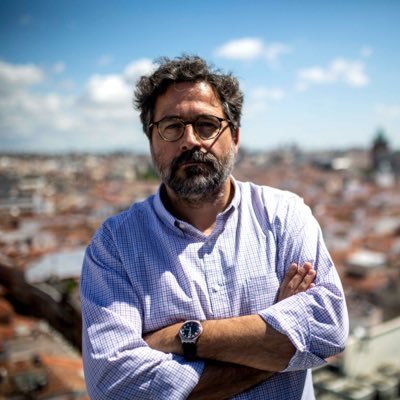Researcher and activist on poverty and development. Policy Director of the Barcelona Institute for Global Health (ISGlobal). Co-founder of Fundación porCausa (Research, Journalism and Migration). Research Fellow on migration at the Overseas Development Institute. Author and co-editor of the blog 3,500 Millones, winner of the El País award. Master in Public Administration from the Harvard Kennedy School. Two decades of work in the field of development and poverty with extensive experience in policy research and campaign strategy, having been a leading member of Oxfam International’s research and campaign teams.
What do you consider to be the main challenges of the cooperation sector at present?
The first has to do with the scale of resources. Donor efforts have not kept pace with the expanding fronts of climate, humanitarian crises and global health. Nor have they shown the will to introduce innovative mechanisms to increase available funding. The second challenge is political, and also inherited.
Finally, I think we have a challenge related to the governance of the system and the participation of private actors, often in partnership with public or civil society organisations. The challenge is not only a question of power, but also of optimising the participation of each actor in this process for the benefit of all.
How do you think they should be addressed?
I believe the key lies in a change of attitude towards aid and the role it plays in the 21st century. The fundamental lesson of the pandemic is that there are issues on which we either swim or sink together. Anyone involved in this sector knows that this logic extends to climate, human mobility, education and so many other issues where doing the right thing is also doing the smart thing.
If we can get society and its representatives to buy into this idea (and that means breaking down some ideological prejudices about who is entitled to participate in this sector and how), the answers that the development community needs will come on their own. We will invest the necessary resources, develop the most effective institutions and partnerships, and turn aid into a lever for other fundamental resources such as knowledge.



